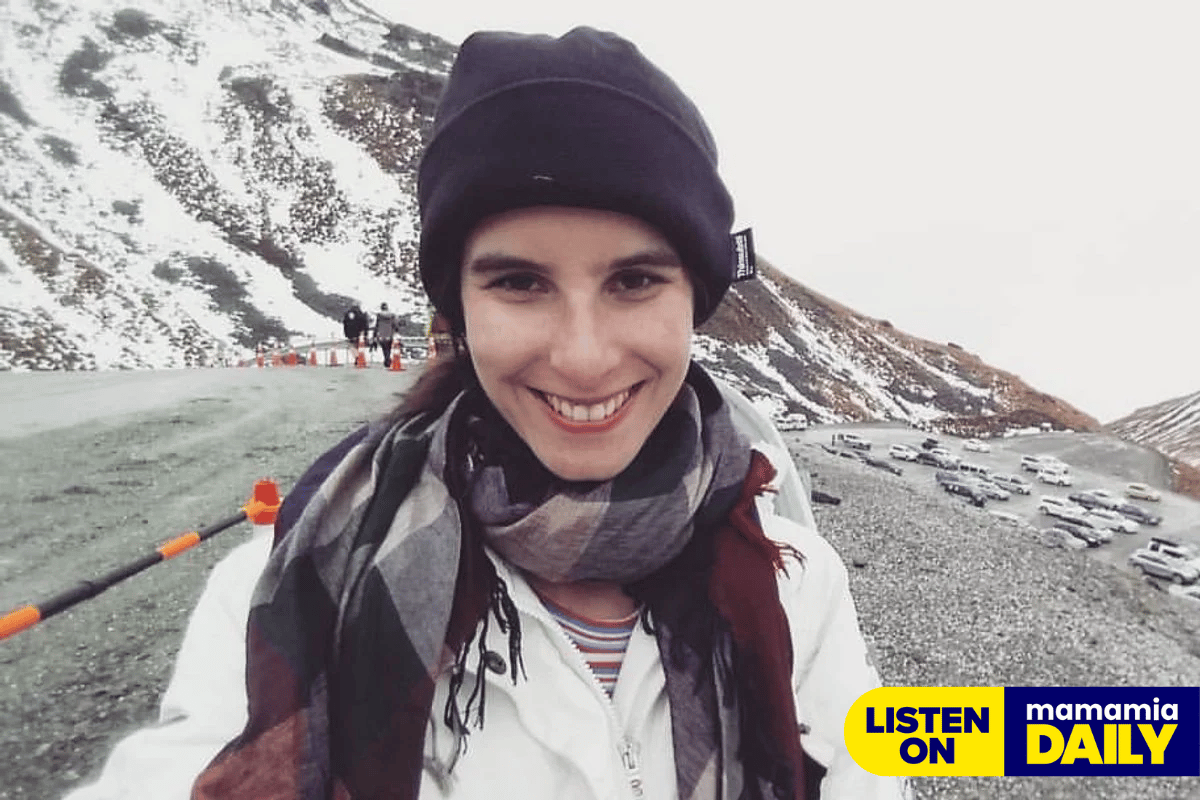
Listen to this story being read by Erin Docherty, here.
There is a quiet emergency happening in a few thousand Australian homes.
It's so quiet that often not even close family and friends are aware of the extent and depth of the crisis.
But its impact on every aspect of daily life is profound and shocking. So shocking that it's awkward to talk about it, even with people you’ve known your whole life.
When you tell the full story of what it’s like living with long COVID, there's a stunned hush. Then everyone, not knowing quite what to say or do, cautiously slides off the topic.
Watch: Data from Australia's longest-running post-COVID clinic has revealed a high proportion of patients are women in their 40s and 50. Story continues after video.
Even your GP appears to find the topic difficult.
You get it. People can't tolerate that much weirdness and despair.
There's no language to communicate the full experience. There are no pre-packaged words that well-meaning people can use to register understanding.


Top Comments